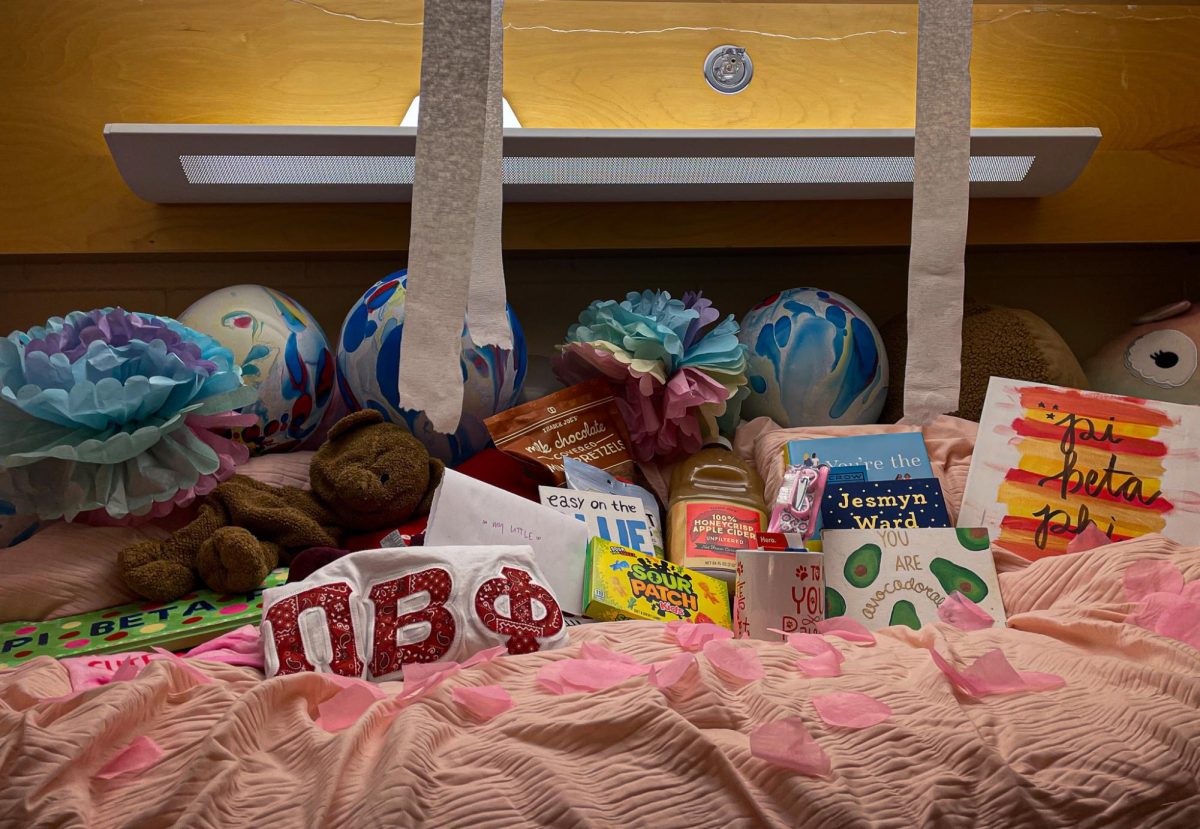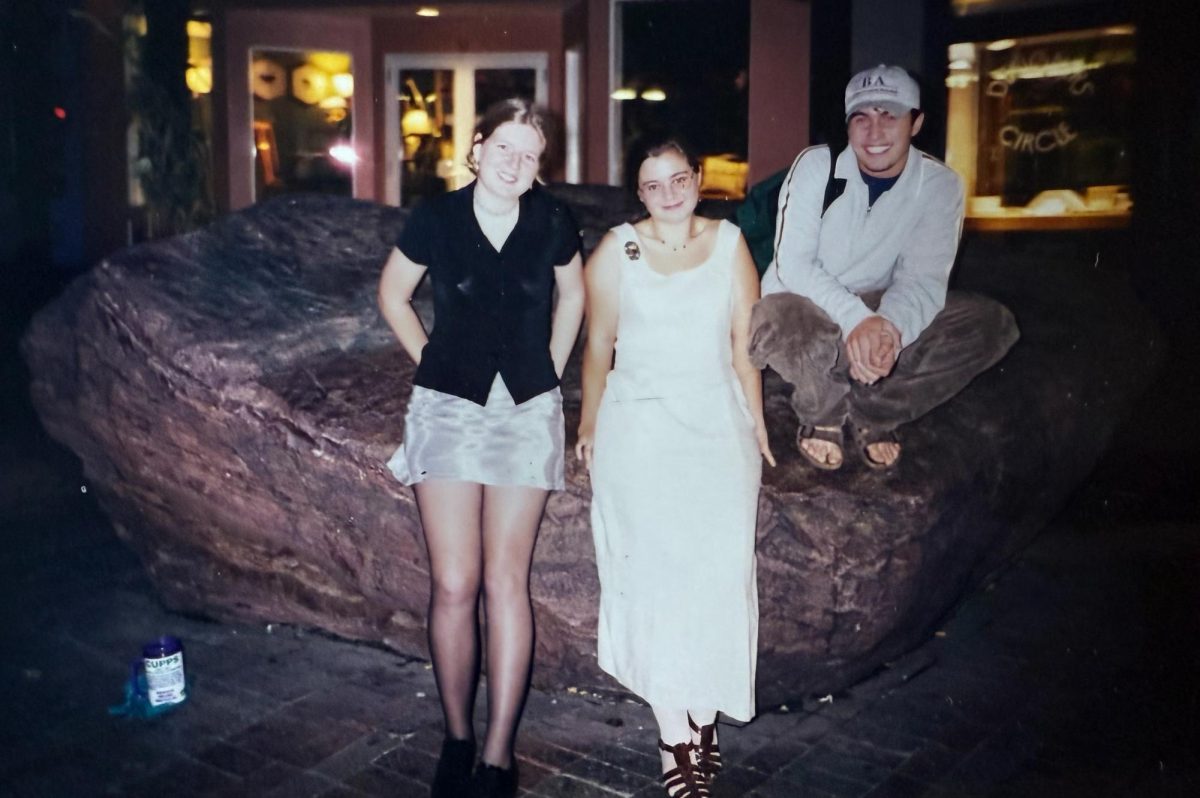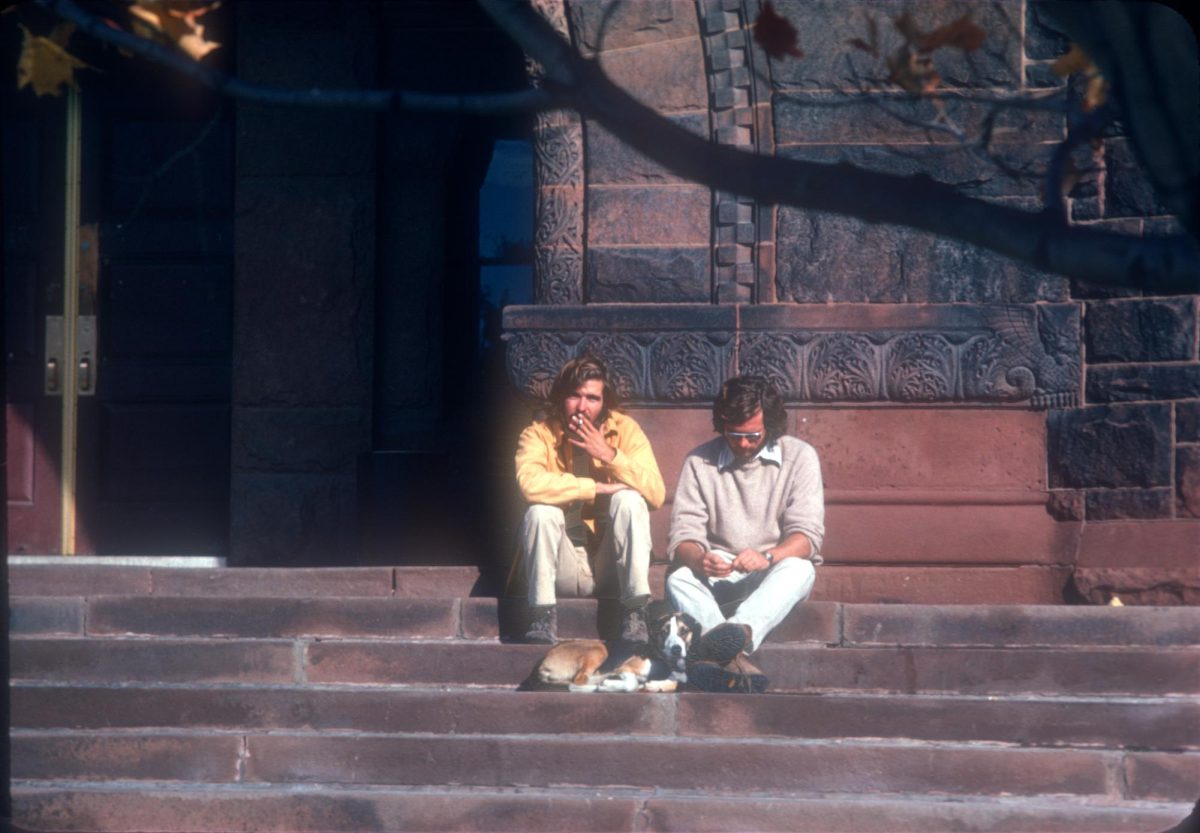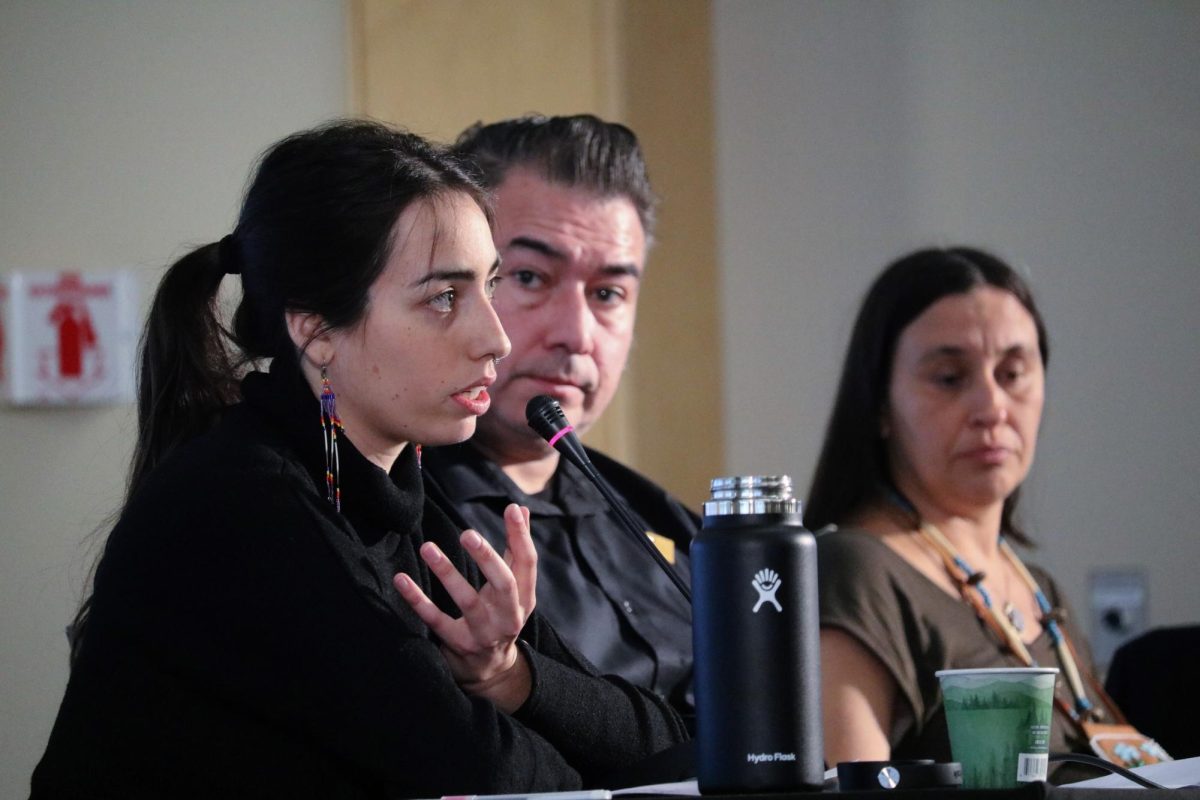Before you set foot on Burlington’s sidewalks for another thrilling weekend night, remember that there are a few things not worth experiencing — like being transported to Fletcher Allen and ACT One detoxification center downtown. “Intoxicated students usually arrive with the police at ACT One between the hours of 11 p.m. and 1 a.m.,” ACT One coordinator Timothy Moran said.ACT One is a community-based alcohol and drug crisis stabilization and social detoxification program, which provides 24-hour supervised shelter for clients who have come to the attention of law enforcement or are self-referred, according to its website. “Students are only taken to the emergency room at Fletcher Allen if there are medical complications, such as being unconscious,” Moran said. “If they are a danger to themselves or others [being combative], they are sent to ACT One.”Students arrive at the Fletcher Allen Emergency Room or ACT One via a UVM Rescue ambulance. UVM Rescue responds — often to police or a friend of the patient — by phone call based on health safety risk, Chris Soons, UVM Rescue public relations officer, said.UVM rescue is strict about following through with protocol.”If someone is intoxicated, they give up the right to decide whether they’re intoxicated or not,” Soons said. “Our protocol is that we’re not able to release them unless it’s okay with Medical Control, the attending physicians in the Emergency Department.” Fortunately, most students are just sobering up.”We [most often] deal with the acute affects of alcohol on students,” Stephen Leffler, Fletcher Allen Emergency Department director, said. “Not alcohol withdrawal, which is a physical dependence from alcohol where stopping makes you sick.”After a student is delivered to either Fletcher Allen or ACT One, UVM Police Services notifies the University of the incident. “The Center for Student Ethics and Standards [CSES] will be made aware of any student brought to detox,” Captain Tim Bilodeau of UVM Police Services said. “Residential Life is made aware of on-campus students taken to detox.” CSES organizes the judicial hearing that decides if policies have been violated, but the process doesn’t necessarily begin immediately. “It can take as long as a month and a half to get your hearing if it’s a first offense,” sophomore Ted Burns, a UVM student who’s been through the process, said. “You think you’re off the hook, that they forgot.”However, before the scheduled hearing notification, an initial letter does arrive in the mail about a week after the incident.The letter warns the student that alcohol is a dangerous substance and its effects can be detrimental, and requires that the student contact the UVM Counseling Center. In order to prepare for the hearing, the student has the opportunity to consult a student advisor through Student Legal Services (SLS), a free service paid for by the SGA.”When a student sits down with us, we try to gather info about incidents, what happened and documents,” Lindsey Gillies, SLS advisor, said. There are some restrictions to the help SLS can provide.”We are very serious about confidentiality of our clients,” Gillies said. “But we cannot give out any legal advice, we’re not lawyers.”From the student perspective, it’s important to be honest with the advisors. “If you lie and try to change your story, then SLS wont help you,” Burns said. “They’re there to talk with you and prepare you for what you should and shouldn’t say.”When the actual hearing takes place, the student will sit down across from representatives of the CSES.”It’s a little bit like an official court, but they try to make it more relaxed,” Burns said. If a student is unsatisfied with the outcome of the case, he or she can appeal and sit down for another hearing. “The experience is really stressful, especially the appeal, because you’re worried about messing up your words,” Burns said. But the goal of CSES isn’t to cause excess stress. “It’s not our intention to intimidate students,” Assistant Director of CSES Troy Headrick said. “We’re trying to tap them on the shoulder and say ‘hey pay attention to this.'”After the hearing(s), sanctions are imposed.Sanctions allow the CSES to offer a developmental experience for the student, to maintain a sense of consistency on the campus and to create and support a positive community, according to a Power Point document posted on the UVM website.Project Discovery, one possible sanction, serves as an alternative to suspension, according to the UVM website, and includes an exploration of gender identity and socialization. Detoxification and its aftermath can be an educational experience for the student, Headrick said. “Some students are shaken by the experience and allow it to be a pivotal moment and wake up call,” Headrick said. “But others are cavalier and unwilling to talk about the previous night, and they don’t utilize the opportunity to learn.”Burns said that he was angry the first time he was taken to detox, but that he has learned a lot from the process, especially his suspension. “The process has taught me to stay out of trouble and become a more mature individual,” he said.
Categories:
Details about detox
April 26, 2010
1
More to Discover







